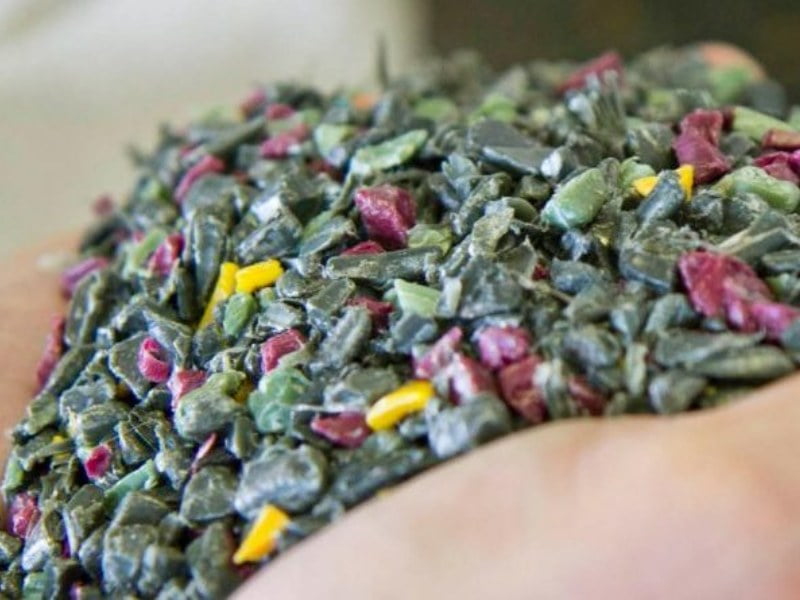The government’s recycling development fund will receive a $60 million boost in the federal budget, with the national science agency to also launch a plastics recycling research program.
As part of next week’s federal budget, the Coalition will expand the Recycling Modernisation Fund (RMF) to $250 million in total, and open a new funding stream focusing on recycling plastics used in bread bags and chip packets, to be delivered on a co-investment basis.

In a separate announcement over the weekend, $50 million of public and private investment will be made into CSIRO’s Ending Plastic Waste Mission, targeting a reduction of plastic waste entering the Australian environment of 80 per cent by 2030. A new Bioplastics Innovation Hub will be established at Murdoch University in collaboration with CSIRO as part of this mission.
The federal government is already aiming to recycle or compost 70 per cent of plastic packaging by 2025, as well as ensuring that, on average, packaging is at least 50 per cent composed of recycled material.
Prime Minister Scott Morrison said the budget announcement builds on the government’s existing commitments to cut plastic waste.
“This new funding stream, dedicated to helping solve the problem of hard to recycle plastic waste, demonstrates our determination to invest in Australian industry, to growing the recycling sector and to creating a stronger economy and stronger future for Australia,” Mr Morrison said.
“Three years ago I made a commitment at the UN to stop plastic waste from entering our oceans, a commitment that has sparked a recycling revolution in Australia. That same commitment has supported investment in state-of-the-art recycling technology across Australia, technology that protects the environment, boosts the economy and creates jobs.”
The RMF was announced in mid-2020 to co-fund recycling projects and infrastructure across the the country as the government works towards meeting the waste export ban from mid-2024. In 2018-19, Australia generated 2.5 million tonnes of plastic waste, of which only 9 per cent was recycled.
A National Waste Policy Action Plan was launched in 2019 with agreement from the federal, state, and territory governments as well as the Australian Local Government Association. The plan sets seven waste reduction targets, including to have an average resource recovery rate of 80 per cent from all types of waste.
Federal Environment minister Sussan Ley said the additional funding will help fast track advanced recycling infrastructure and the manufacturing of recycled plastic products.
“Australia has set a high bar as the first country in the world to ban the export of waste plastic, we will continue to take strong action on plastics in our own backyard by investing in technology, manufacturing capability and jobs,” Ms Ley said.
CSIRO’s funding boost for the Ending Plastic Waste Mission will see research into technologies that change how recycled plastics are made and used, developing a sustainable plastics circular economy, and improving on packaging and waste systems. The mission is being led by Dr Deborah Lau.
The first $12 million co-investment will support Perth-based Ecopha Biotech to develop a process to manufacture water bottles using compostable bioplastics from food industry waste.
Funding for CSIRO’s mission is sourced across the program’s partners which includes CSIRO, seven universities, and the federal, Victorian, and New South Wales governments. CSIRO chief executive Dr Larry Marshall said that plastic waste reduction required cooperation across several institutions.
“The Ending Plastic Waste Mission will bring together the whole innovation system, from government, industry and academia to turn science into solutions that will benefit the environment and create economic opportunities for Australia,” Dr Marshall said.
“By working together, by aligning our efforts, and by pushing each other further for a common cause, we can tackle seemingly impossible challenges – like protecting our environment while making sustainability profitable for business. And we can achieve it faster.”
CSIRO estimates that the developing waste plastics circular economy will add US$67 billion to the global economy by 2025.
Do you know more? Contact James Riley via Email.
